record
-
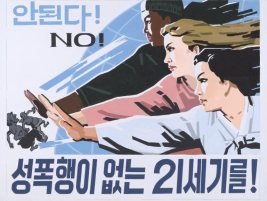
- No Longer Silenced!
-
A review of Unsilenced: Sexual Violence in Conflict, the UK’s first exhibition focusing on the issue of sexual violence during modern and contemporary global conflicts.
-
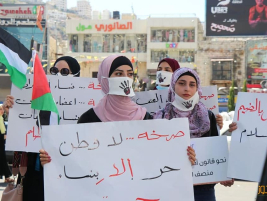
- Encountering Palestinian Women Who Stand Tall Amid Daily Crisis and Violence
-
Palestinian women who endure and resist occupation, oppression, and patriarchal structures, steadfastly continue life for the next generation.
-
- Characteristics of the Issue of Japanese Military Sexual Slavery in Singapore
-
Until 2022, when the book The Comfort Women of Singapore in History and Memory was published, it was widely thought in Singapore that there were no Singaporean "Comfort Women" who were sexually enslaved by the Japanese military.
-
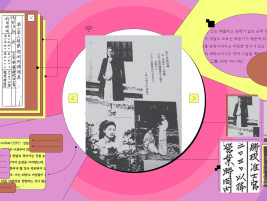
- The Meaning of “Using Comfort Stations” for Japanese Soldiers
-
The role and function of “comfort stations” as revealed in numerous memoirs written by Japanese soldiers
-
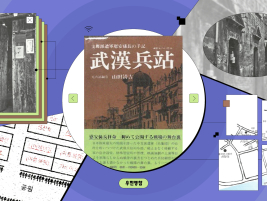
- What a Former Japanese Soldier Who Served as the Recreation Section Chief Saw and Failed to Say
-
Aya Furuhashi sheds light on the unspoken truths that emerge from the gaps between the lines of the the memoir, Wuhan Military Logistics Base, written by Seikichi Yamada.
-
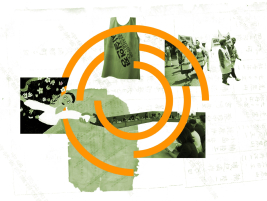
- “Voices of ‘Comfort Women’” as History in Progress
-
In 2022, as a result of Japan’s aggressive diplomacy, UNESCO’s MoW inscription rules were revised to require all documents to be submitted through national governments. Additionally, if a concerned country objects, the application is halted from entering the review process and must instead undergo a so-called “dialogue” procedure. Under these revised rules, any attempt by a victimized country to submit documents related to the Japanese Military “Comfort Women” is likely to be blocked before even reaching the review stage due to Japan’s opposition.
-
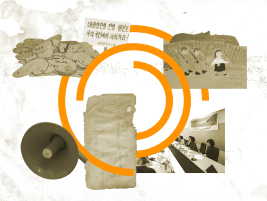
- The Unique and Irreplaceable “Voices of ‘Comfort Women’”
-
The history of the Japanese Military “Comfort Women” issue has challenged long-standing conservative cultural norms regarding women and sexuality in Asia by amplifying the voices of the victims. Moreover, it has contributed to the establishment of globally significant norms and values related to women’s human rights. This means that the records documenting the Japanese Military “Comfort Women” issue and related activities meet the criteria of “world significance.”
-
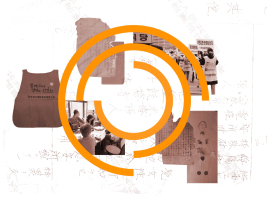
- Voices of “Comfort Women”: A Global Civic Movement for Memory
-
The suffering of the Japanese Military “Comfort Women,” one of the most tragic human rights abuses of the 20th century, should be preserved and managed as historical documentary heritage. This is crucial to prevent such atrocities from recurring and provide a lesson to future generations.
-
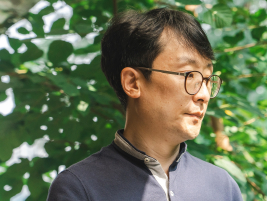
- Calling Kim Soon-ak’s “Names”: An Interview with “Comfort” Director Emmanuel Moonchil Park
-
Kim Soon-ak was referred to by countless names throughout her life: As we can guess from her multiple names, her life was full of twists and turns we didn’t know or didn’t want to know about.
-
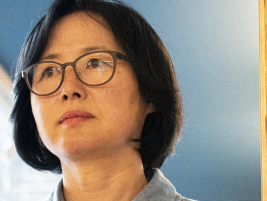
- Meeting “Comfort Women” Victims’ First “Art Teacher” - Interview with Artist Kyung-Shin Lee, Author of “Flowers Unbloomed”
-
The first “art teacher” of the “Comfort Women” survivors who live in the House of Sharing. I met and listened to the story of artist Kyung-Shin Lee, the author of “Flowers Unbloomed,” which contains the behind story of the painting class she conducted for five years from 1993.